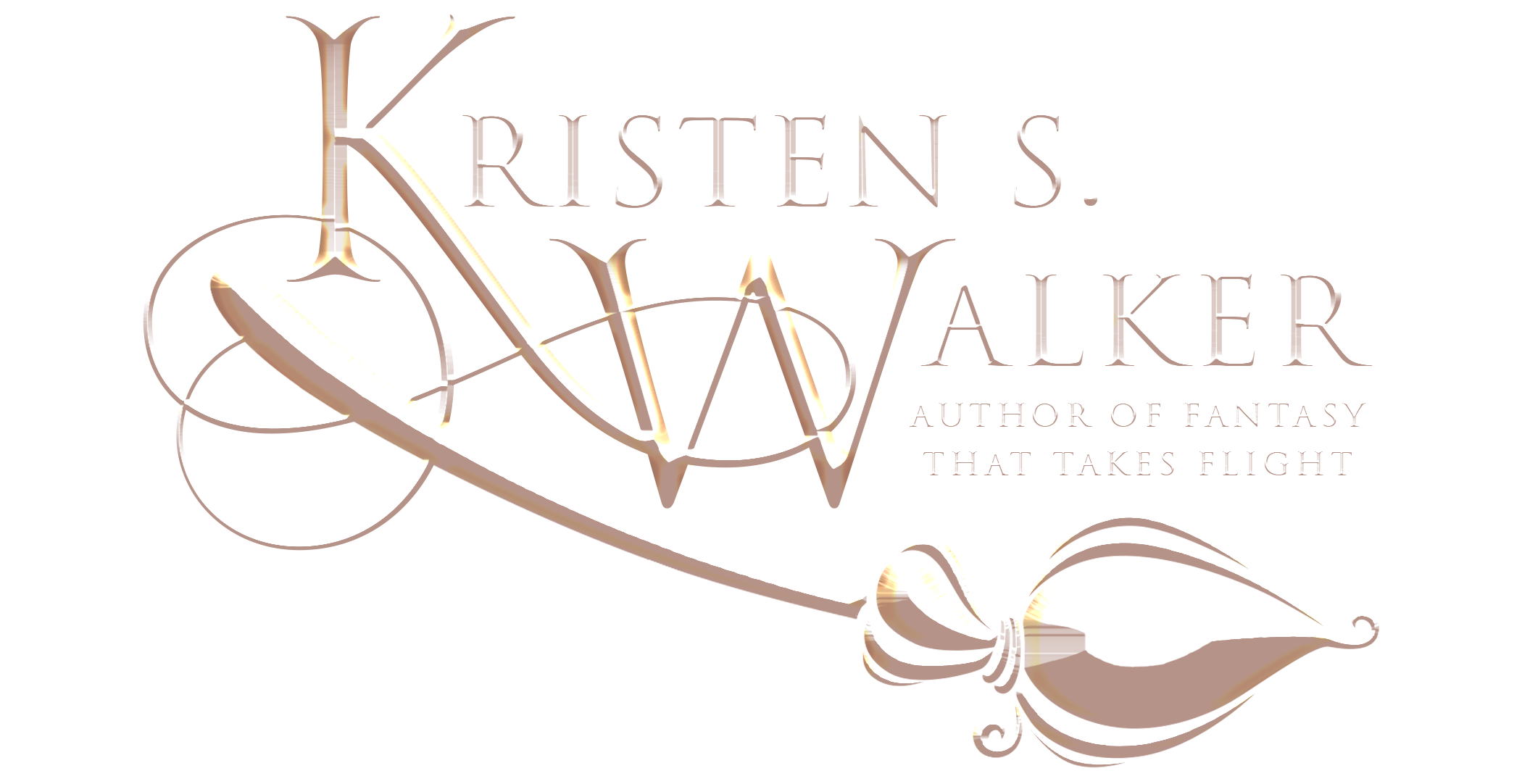The first thing that a story should do is entertain. If you want to educate people about a topic, it’s better to say what you want more directly through an essay or some other form of non-fiction. A story that only serves as a vehicle to promote a message or an idea is at best boring because the characters, plot, and setting will be under-developed; at worst, the story will irritate readers, because most people don’t want their stories to preach at them (even if the message is one that they agree with).
But no media exists in a vacuum. One way or another, a story will reveal attitudes about real issues, and in turn this story can impact the people who read it. Therefore, writers should think consciously about what their story says and what impact this may have on the world. Is it promoting an idea that you want more people to be aware of? Does it challenge preconceptions that the reader holds about a subject?
For example, diversity in fictional characters is a much-discussed topic. If the majority of characters in a story are white, cisgendered, and heterosexual, this reinforces cultural attitudes that people with these labels are “normal” and people who fall outside those categories are “other”. Even if there is a “token” person of color or gay character in the story, are they called out in such a way that contrasts how different they are from the “regular” white cis-het main characters? Does the “token” character reflect a stereotype for that label, such as the sassy gay best friend? Then the story will reinforce common attitudes about straight and gay people, making straight readers feel reassured in their world view and gay readers feeling left out or marginalized.
But imagine a story where the main character is the gay best friend. He’s sassy sometimes, and he could give advice to a straight girl on her dating life, but sometimes he gets tired of listening to her constantly complain. Maybe he falls in love and goes to the straight girl for advice, and she has some insights of her own. Maybe he gets a job writing an advice column, then gets tired of talking about relationships all the time and branches out into other areas of journalism. Whatever the story is, it shows the boy as a three-dimensional person with a variety of thoughts, emotions, interests, and relationships, not all of which are related to being gay or sassy.
What could this story do for readers? For gay readers, it could have a positive impact on their mental health by showing them someone who is gay, happy, and a fully realized person. There’s not enough of these characters, and gay teens in particular could be thrilled to discover a new one. Many people enjoy reading stories where they can relate to the main character. But wait! Straight readers could enjoy this book, too. They might find other ways to relate to the character, such as his interest in journalism. Or they may simply think about gay people in a new light when they see that they can be fully-realized people, too. Many people enjoy reading stories about a life or a place that is different from their own, to experience what it’s like to be in someone else’s shoes.
The impact of a story goes beyond individual characters. Say that you want to create a fantasy world so you can write a story about good and evil. How does the reader know who is good and who is evil? Maybe you want Humans to be on the side of Good. The Humans are diverse and have different sexualities, genders, racial and ethnic backgrounds. Oh, and the Humans have a Socialist government with universal healthcare. Meanwhile, the Evil Orcs are ruled by a patriarchal dictatorship that’s supposed to be a democracy, but the elections are rigged and only warrior Orcs are allowed to vote, and since the Orc women have to stay home popping out babies due to the high death rate caused by a lack of good healthcare, they never have a say in their society.
Yikes. Your fantasy world just revealed some pretty strong beliefs about political structures, and maybe even calls out some real-world examples by comparison and not-so-veiled allusions. Readers who agree with you might enjoy your book, but other people are going to hate it. They’re going to talk about your book, and not just with you. If your book is very controversial, don’t expect it to change many attitudes, though. It’s more likely that your readers will just feel even more strongly about the views they already had before reading your book.
No matter what your story is, it’s going to reflect something about the real world. A story that’s read by many people can have a powerful impact. It’s not always possible to guess ahead of time what that impact will be, but looking at how your story presents its major themes is a first step. If you want to write about something outside of your personal experience (e.g., an abusive relationship and why the victim doesn’t just fight back or leave their abuser), research the topic. Ask questions and listen to the answers of people who have had those experiences, or look for first-person accounts. Don’t rely on sources that talk in absolutes like “all X people do Y”, because those could be stereotypes. Look for the variations of reality, the differences that make each situation unique. And think critically about the meaning behind your story–even if you don’t, other people will.

